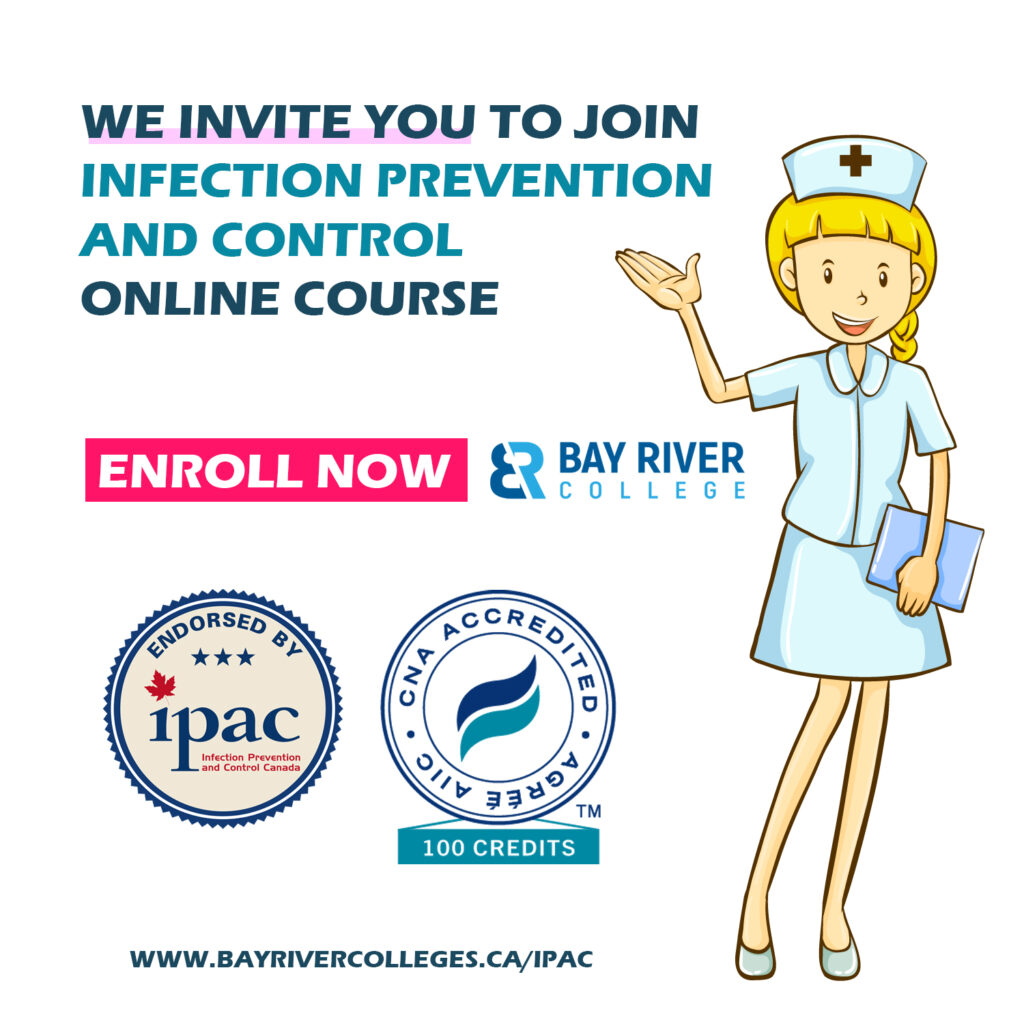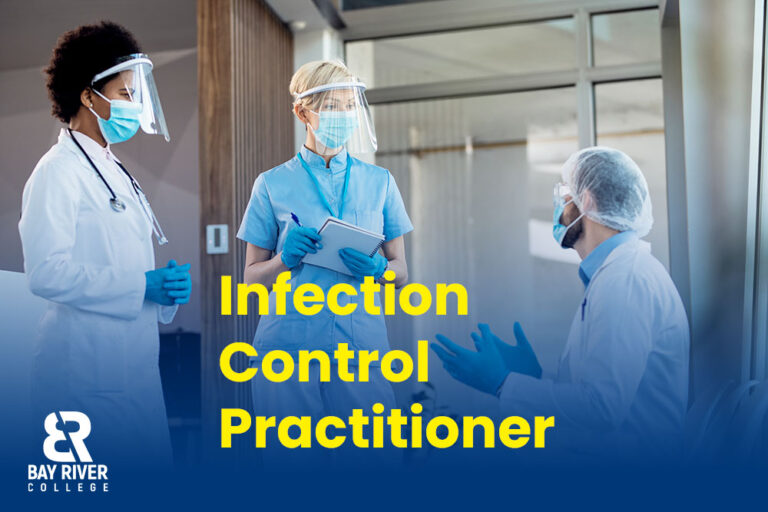An Infection Preventionist, often referred to as an Infection Control Practitioner (ICP) or Infection Control Nurse, is a healthcare professional responsible for preventing and controlling healthcare-associated infections (HAIs) in healthcare settings such as hospitals, long-term care facilities, and clinics. Their primary role is to minimize the risk of infections among patients, healthcare workers, and also visitors. Infection Preventionists work to develop and implement infection control protocols, educate staff on proper hygiene and infection control practices, monitor and investigate outbreaks, and ensure that healthcare facilities adhere to guidelines and regulations related to infection control.
Become an Infection Preventionist in Canada
To become an Infection Preventionist in Canada, you typically need to follow these steps:
Education in the field of healthcare
The most common educational background for an Infection Control Practitioner (ICP) is a bachelor’s degree in a healthcare-related field. This could include degrees in nursing, microbiology, epidemiology, public health, or a related discipline. Some ICPs may also hold advanced degrees such as a Master’s in Public Health (MPH).
If you are a Nurse
After completing your nursing education, you must obtain licensure as a registered nurse (RN) in the province or territory where you wish to work. Each province has its own nursing regulatory body, so you will need to meet their specific requirements for licensure.
Healthcare Studies and Education
Many employers prefer Infection Control Practitioner candidates with experience in infection control, public health, or a related field. Some ICPs may start their careers as nurses, medical laboratory technologists, or healthcare professionals before transitioning into infection control roles.
Provincial/Territorial Requirements
Each province and territory in Canada may have specific requirements or regulations for infection control practitioners. Obtaining a certification from a recognized Canadian institute can not only enhance your skills but also demonstrate your abilities across all provinces. Our Infection Prevention and Control online course has received endorsement from IPAC Canada and accreditation from the Canadian Nurses Association. This IPAC online course also aid Infection Control Practitioners to stay updated and boost their knowledge in this crucial field.

Specialized Training to become Infection Control Practitioner
To become an Infection Control Practitioner, you may need additional training or certification in infection control. You can consider pursuing a postgraduate certificate or taking courses related to infection prevention. The Certification Board of Infection Control and Epidemiology (CBIC) offers the Certified in Infection Prevention and Control (CIC) credential, which is highly respected in the field. To prepare yourself for CBIC Exam and obtaining your complete certification of Infection Prevention and Control (IPAC), register for the Infection Prevention & Control (IPAC) Online Professional Course Endorsed By IPAC Canada and accredited by Canadian Nurses Association. The online course curriculum of Infection Prevention & Control and the programs of study are based on the Certification Board of Infection Control & Epidemiology’s CBIC Exam.
Job Experience and Continued Education
Look for job opportunities in infection prevention at healthcare facilities as an Infection Control Practitioner. Initially, you might work as an Infection Control Nurse or in a related role to gain practical experience in infection prevention. Building a network with other professionals in the field can be valuable for finding job opportunities. It is also necessary to stay updated on best practices in infection prevention.
In this Infection Prevention and Control online course you are available to communicate with other students and also professionals to gain more experience and skill in this field of study. In addition, Infection control is a dynamic field. So, practitioners are expected to stay current with the latest research, guidelines, and best practices. Continuing education and professional development are undoubtedly important to maintain competency.
Start you career as an Infection Control Practitioner Today
Keep in mind that the exact requirements and job titles may vary from province to province. Consequently, it’s crucial to check with the nursing regulatory body in your specific area and the healthcare facilities you’re interested in working for to determine the specific qualifications and job opportunities available for Infection Preventionists in Canada.
Bay River College’s Infection Prevention and Control (IPAC) online course is an online-based interactive program. This course has endorsed by Infection Prevention and Control Canada (IPAC) and accredited by Canadian Nurses Association (CNA). It means your IPAC certification demonstrates your abilities across all provinces of Canada. Enroll now and learn at your home with 100 hours of interactive and synchronous online learning over 16 weeks. For more information visit the link: Infection Prevention and Control online course

